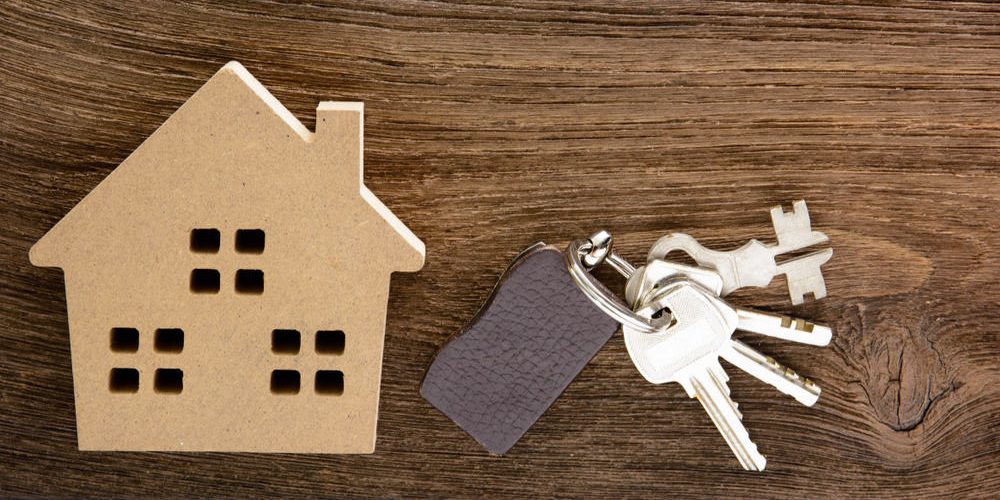
For millions of renters in the U.S., homeownership is financially out of reach. One of the main reasons: Their credit scores are far too low.
If you’re a renter who wants to someday buy a home, it’s generally best to have a credit score of at least 620 to buy a house (although that varies based on both the borrower and lender). For all you renters out there, I’ll tell you a little later how you can boost your credit score to give you a better shot at getting a mortgage.
Many renters have poor credit scores
But first, let’s dig into some data that shows how shaky the situation is for renters like you who hope to become homebuyers.
A recent survey by the Federal Reserve Bank of New York found that 31% of renters have a credit score below 620, while another 19% have a credit score ranging from 620 to 679. If you do the math, that adds up to 50% of U.S. renters who have a credit score that makes it tougher to qualify for a mortgage — or at least qualify for one with a reasonable interest rate.
Even more troubling is that 13% of renters in the survey report not knowing what their credit score is. (Tip: If you don’t know your credit score, check it now; a number of companies offer free credit scores online.)
Meanwhile, 46% of American homeowners say they have a credit score over 760, according to the survey. By contrast, only 14% of renters say they’ve got a credit score higher than 760.
Even though the share of renters who’d prefer to purchase a home if they had the money has slipped in the past couple of years, about two-third of renters still want to have a place to call their own, the survey says. Yet among those renters who’d like to be owners, 36% think it would be “very difficult” to get a mortgage, up from 24% in 2017.
Two-step method for improving your credit score
Some renters might not be able to afford to buy a home simply because they lack the income. But if a poor credit score is standing in your way, here are two ways you can get a higher score.
1. Reduce your credit utilization ratio.
The credit utilization ratio makes up 35% of your credit score from FICO, the credit-scoring model used most often when a lender evaluates your mortgage application. It’s recommended that you keep your credit utilization ratio — the amount of credit you’re using versus the amount you have available — as close to zero as you can.
2. Preserve (or improve) your credit history.
Your credit history — such as making on-time payments — accounts for 30% of your FICO score. If you’ve already got a good credit history, keep doing what you’re doing. If you’re credit history isn’t so great, then change your habits. Whichever bucket you fall into, pay at least the minimum amount due on your bills and pay those bills on time.
Keep in mind that you can’t just snap your fingers and instantly improve your credit score. It takes time to bump it up from, say, 650 to 720.
Higher credit score = lower mortgage payments
If you’re a renter who’s aiming to buy a home but your credit score is pretty low, you can turn around your finances and put yourself on the path toward homeownership. But you’ve got to do the work to make that happen.
That work can pay off in a big way. FICO provides the following example.
Let’s say you’re taking out a $216,000, 30-year mortgage with an interest rate that stays the same. As of April 2018, if your credit score ranged from 760 to 850 (the highest score possible), your interest rate on that mortgage would have been 4.26% and your monthly payment would have been $1,064, FICO says. But if your FICO score was 620 to 639, your interest rate would have climbed to 5.85% and your monthly payment would have been $1,274. (The lowest FICO score is 300.)
As noted by FICO, the homebuyer in the top range of scores would have saved $2,520 a year compared with the buyer with a score of 620 to 639.
A bank won’t lend you money to buy a house because they like you. They’re going to approve you for a home loan if they trust you to make your monthly mortgage payments in full and on time. And they’ll trust you a whole lot more if you’ve got a credit score that proves you’re worthy of their trust.
